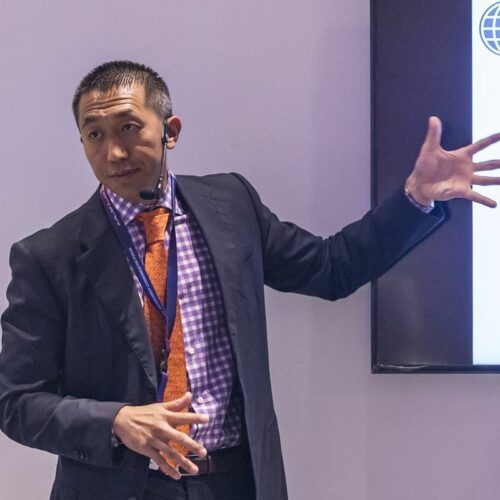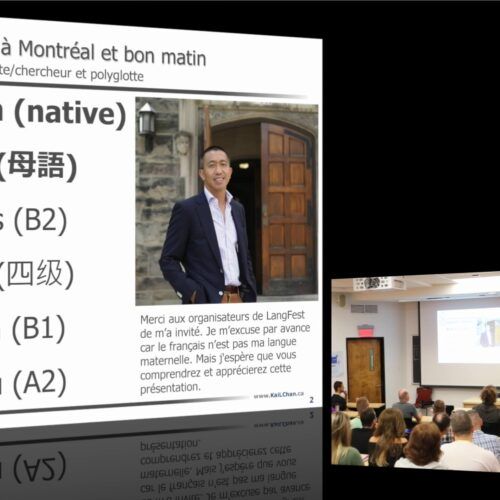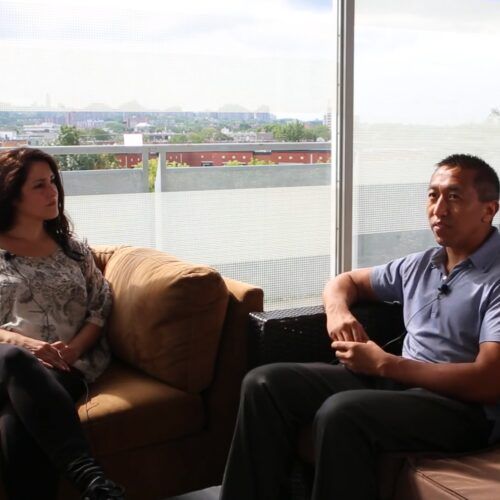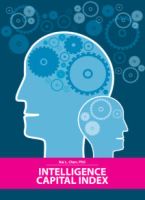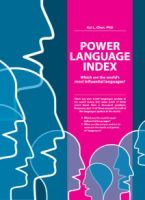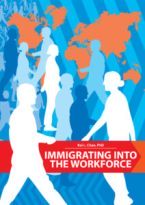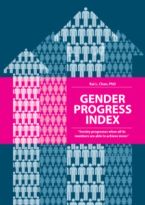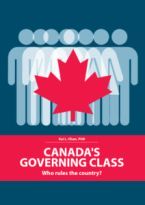
No one questions English’s status as the world’s go-to language for business, tech, tourism and academia, but that popularity has also made it disproportionately influential on news. In a chapter of Hostwriter’s Unbias the News: Why Diversity Matters for Journalism, journalist, writer and managing editor of the Global Investigative Journalism Network Tanya Pampalone looks at how English’s prominent status can lead to skewing of entire narratives. We break down an excerpt of that chapter published for GIJN and look at how this inequality also means missed opportunities for interactions between the non-native and non-English speaking world, creative or otherwise. By the Numbers Kai Chan, a distinguished fellow at the INSEAD Innovation and Policy Initiative, put together the Power Language Index in 2016, which measures which languages in the world hold the most influence based on five key factors. (G)eography: countries spoken, land area, tourists (inbound) (E)conomy: GDP, PPP, Exports, FX market, SDR composition (C)ommunications: Native speakers, second-language speakers, language family size, tourists (outbound) (K)nowledge & Media: Internet content, feature films, Top 500 universities, academic journals. (D)iplomacy: United Nations, International Monetary Fund, World Bank, Supranational Organizations (SNOs). Based on these factors, Kai presented the world’s top 10 languages, their respective number…

 Nine specialised workshops at International Government Communication Forum The ninth edition of the International Government Communication Forum, IGCF 2020, to be held on 4th and 5th March, at the Sharjah Expo Centre will host nine workshops targeting students, journalists, photojournalists and government communication employees. Bringing together 64 leading global thinkers, top government officials and communication experts from the Arab region and around the world, the region’s leading forum on government communication is centred around four key pillars: Embedding a culture of engagement in government; Technology as a community enabler; Communication through culture; and Holistic well-being. The nine workshops at IGCF this year follow on from its vision of enhancing government communication in the UAE and the Arab world and developing communication channels between governments and communities. Day 1 of the event will commence with two training workshops for students. ‘Innovation in the field of Government Communication’ will enable participants to create distinguished government communication programmes and activities and develop their skills in drafting impactful government communication messages. ‘Analysing Communication Research Data’ conducted by Dr Ahmed Farouk, Faculty Member at the Public Relations Department, College of Communication, University of Sharjah, will introduce participants to the tools and methods of analysing data…
Nine specialised workshops at International Government Communication Forum The ninth edition of the International Government Communication Forum, IGCF 2020, to be held on 4th and 5th March, at the Sharjah Expo Centre will host nine workshops targeting students, journalists, photojournalists and government communication employees. Bringing together 64 leading global thinkers, top government officials and communication experts from the Arab region and around the world, the region’s leading forum on government communication is centred around four key pillars: Embedding a culture of engagement in government; Technology as a community enabler; Communication through culture; and Holistic well-being. The nine workshops at IGCF this year follow on from its vision of enhancing government communication in the UAE and the Arab world and developing communication channels between governments and communities. Day 1 of the event will commence with two training workshops for students. ‘Innovation in the field of Government Communication’ will enable participants to create distinguished government communication programmes and activities and develop their skills in drafting impactful government communication messages. ‘Analysing Communication Research Data’ conducted by Dr Ahmed Farouk, Faculty Member at the Public Relations Department, College of Communication, University of Sharjah, will introduce participants to the tools and methods of analysing data… 
